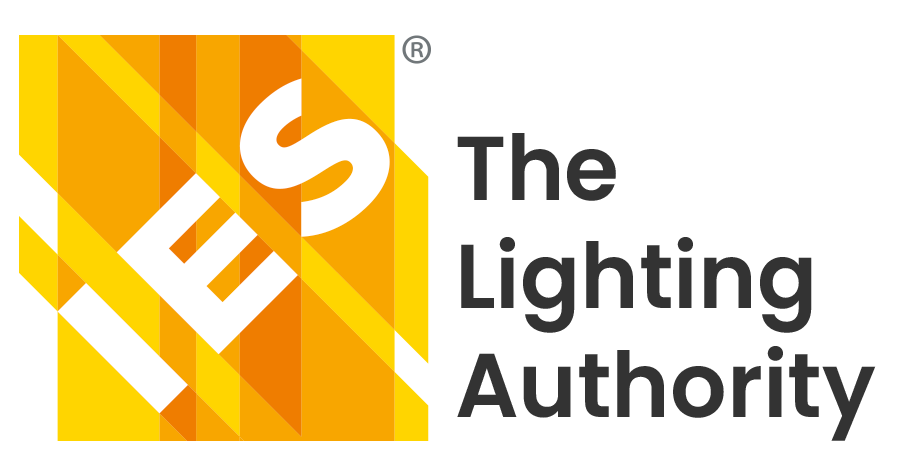The Illuminating Engineering Society (IES) appreciates and supports the critical work undertaken by volunteer committees in the development of standards. The collaborative efforts of professionals within the IES contribute significantly to the advancement of our industry, foster a shared understanding of best practices, and promote excellence in lighting. As a professional society, the IES is committed to the highest level of ethical conduct by its staff and members. The Ethics Committee (EC) treats each allegation of ethics violation seriously.
We commend the dedication and expertise of the Light and Human Health committee members who volunteered their time and knowledge to write and publish ANSI/IES RP-46-23 Supporting the Physiological and Behavioral Effects of Lighting in Interior Daytime Environments to further the industry’s understanding of this dynamic topic. Their commitment to excellence was particularly crucial in light of a recent EC investigation of the committee’s dynamics and process adherence.
The EC investigation resulted in an exceptionally detailed report, focusing on three primary areas that could have compromised the development of ANSI/IES RP-46-23:
Professional conduct: After reviewing all relevant information, including detailed meeting minutes and recordings of Committee meetings and conducting interviews with Committee members (former and current) and staff, the EC noted multiple instances of passionate interactions that led to heated discussions among committee members regarding content and recommendations. The EC further noted that these debates are not unusual in the development of industry standards. The EC concluded that the allegations of bullying or unprofessional behavior did not rise to the level of those that would be considered a violation with the IES Policy of Ethics and Standard of Professional Conduct.
Process transparency: The EC identified that some members of the Committee or commenters for the public review document were unfamiliar with, or misunderstood the ANSI consensus procedures, adding to the concerns regarding process transparency among several committee members through the course of the standards development process.
The EC did not find evidence to suggest that there was unethical behavior within the Light and Human Health Committee or staff’s involvement in the development of ANSI/IES RP-46-23. Furthermore, the EC found that there were no actions of the members of the Light and Human Health Committee during the development of ANSI/IES RP-46-23 that raised concerns regarding the integrity of the technical content, or the consensus of the Light and Human Health Committee on its interpretation of the current body of scientific knowledge.
Conflict of interest: The EC concluded that the timeliness of the conflicts of interest disclosures by committee members is relevant to the committee dynamics. However, the EC did not find evidence that perceived or disclosed conflicts of interest impacted the Light and Human Health Committee’s ultimate decisions.
As with their development of ANSI/IES RP-46-23 Supporting the Physiological and Behavioral Effects of Lighting in Interior Daytime Environments, we are confident that the ongoing efforts of the Light and Human Health committee will contribute positively to our industry. The conclusion of the EC investigation reinforces this confidence. We look forward to continued collaboration and the positive impact that the technical standards developed by our technical committees continue to have on our industry.
The EC provided suggestions to the IES Board of Directors for consideration, including (but not limited to):
- Consistent training on ANSI procedures and IES expectations for professional conduct within committees.
- Expansion of committee membership for activities in areas of emerging scientific research with the goal of diversifying perspectives and experience.
- Annual conflict of interest evaluations of committee members.
The IES Board of Directors thanks the EC for their efforts, as well as the Light and Human Health Committee and the IES staff for their timely cooperation and support of the EC investigation. The IES remains committed to transparency and accountability, and encouraging respectful environments conducive to the development of IES Standards as a vital part of our mission.

